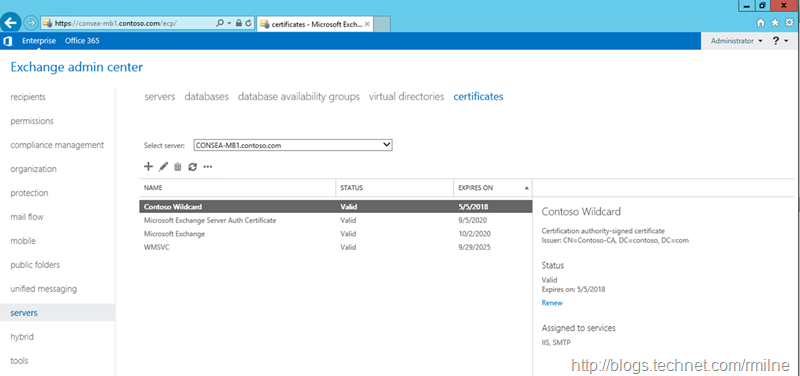
In particular we have the ability to either create a generic profile for groups of users, or create a custom profile for individual users.Ĭonfiguration Proifles can be distributed either via Email, hosted on any web server, or deployed by connecting the device to an Administrative workstation.

Internet Calendar servers and iCal subscriptions.Configuration Profiles can contain settings for the following device settings: This tool can be used to create and manage Configuration Profiles which contain device settings for iOS devices (not just the iPhone). You can download the iPhone Configuration Utlity from here. To make deployment of certificates to iOS devices straightforward, Apple make the iPhone Configuration Utility available to administrators. In the next two sections, we’ll look at how to deploy these to iOS and Android devices.ĭeploying certificates to Apple iOS Devices We can now move onto deploying the certificates to the end user devices. If not, then the certificate can be imported from the Administrative workstation using the Add from Store option. If that certificate it listed, we should be good to go. On the Published Certificates tab, we should see the correct certificate listed:įigure 3: Checking the user certificate is published in AD

Next, we can examine the user account itself. Before we check the individual user, we’ll first switch on Advanced Features by selecting View>Advanced Features:įigure 2: Viewing advanced options in ADUC We can check this by navigating to Active Directory Users and Computers.

This is important to verify, as publishing the certificate ensures that the certificate is linked to the user correctly and will work for certificate-based authentication.



 0 kommentar(er)
0 kommentar(er)
